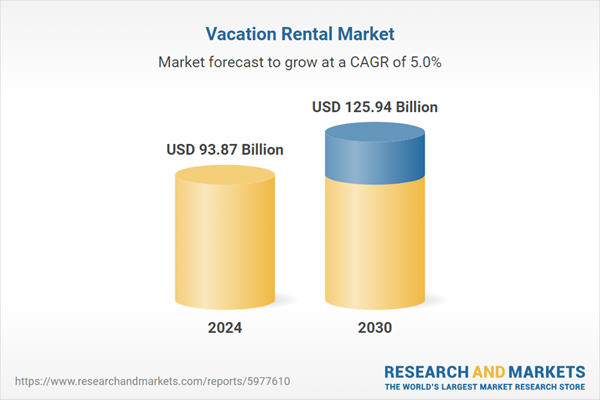Resort/Condominium is the fastest growing segment, Europe is the largest market globally
Speak directly to the analyst to clarify any post sales queries you may have.
10% Free customizationThis report comes with 10% free customization, enabling you to add data that meets your specific business needs.
Key Market Drivers
The Global Construction Industry Expansion represents a key driving force for the iron oxide pigments market, given the widespread application of these colorants in building materials. Iron oxide pigments impart essential durability and a broad spectrum of colors to concrete, mortars, roofing tiles, and precast elements, meeting both functional and aesthetic requirements in construction projects worldwide. The ongoing trend of urbanization and significant investment in infrastructure development across various regions necessitates a steady supply of high-performance coloring solutions. For example, according to the World Cement Association, clinker produced in 2023 was 1.77 billion tons, indicating the substantial foundation material volume that subsequently drives the demand for pigments in cement and concrete applications.Key Market Challenges
The inherent volatility in raw material prices, particularly for iron ore, presents a significant challenge to the sustained expansion of the Global Iron Oxide Pigments Market. These unpredictable fluctuations in the cost of primary inputs directly impact the manufacturing economics of iron oxide pigments, leading to instability in production costs for manufacturers. This makes strategic planning and consistent pricing strategies difficult within the industry.Key Market Trends
The market is observing a notable shift towards sustainable and bio-based iron oxide pigments, driven by increasing environmental consciousness and regulatory pressures. This involves developing products with reduced environmental footprints throughout their lifecycle. For example, specialty chemicals company LANXESS announced in February 2025 the launch of its new Bayferrox Scopeblue line of sustainable yellow iron oxide pigments, which offers an approximately 35% lower product carbon footprint compared to conventional grades through the use of eco-efficient raw materials and renewable energy.Key Market Players Profiled:
- Huntsman International LLC
- Venator Materials PLC
- Applied Minerals, Inc.
- CATHAY INDUSTRIES Europe N.V.
- Lanxess AG
- BASF SE
- KRONOS Worldwide, Inc.
- Hunan Sanhuan Pigment Co., Ltd.
- Titan Kogyo, Ltd.
Report Scope:
In this report, the Global Iron Oxide Pigments Market has been segmented into the following categories:By Product:
- Synthetic
- Natural
By Application:
- Construction
- Coatings
- Plastics
- Paper
- Others
By Colour:
- Red
- Black
- Yellow
- Blends
By Region:
- North America
- Europe
- Asia Pacific
- South America
- Middle East & Africa
Competitive Landscape
Company Profiles: Detailed analysis of the major companies present in the Global Iron Oxide Pigments Market.Available Customizations:
With the given market data, the publisher offers customizations according to a company's specific needs. The following customization options are available for the report:- Detailed analysis and profiling of additional market players (up to five).
This product will be delivered within 1-3 business days.
Table of Contents
Companies Mentioned
- Hotelplan Group
- MakeMyTrip (India) Private Limited
- Awaze A/S (NOVASOL)
- Airbnb, Inc.
- Booking Holdings Inc.
- Expedia, Inc.
- Belvilla AG
- Sonder Holdings Inc.
- Plu&m Limited
- Wyndham Destinations Inc.
Table Information
| Report Attribute | Details |
|---|---|
| No. of Pages | 185 |
| Published | November 2025 |
| Forecast Period | 2024 - 2030 |
| Estimated Market Value ( USD | $ 93.87 Billion |
| Forecasted Market Value ( USD | $ 125.94 Billion |
| Compound Annual Growth Rate | 5.0% |
| Regions Covered | Global |
| No. of Companies Mentioned | 10 |









